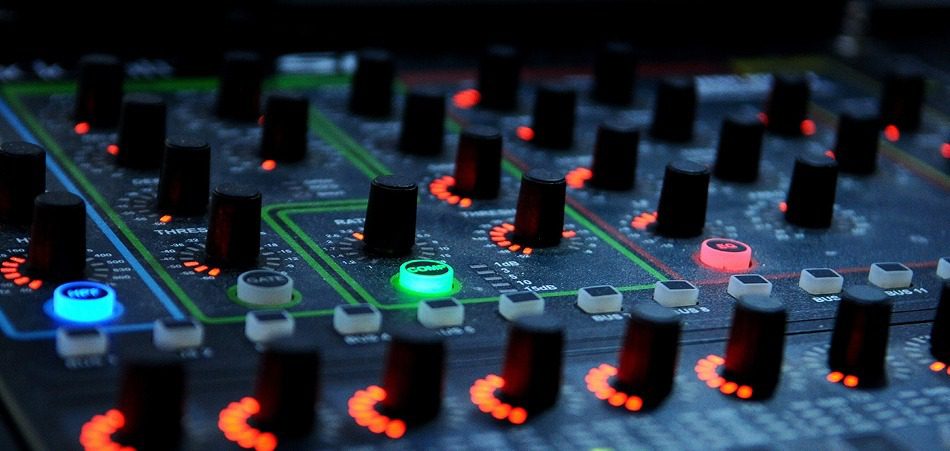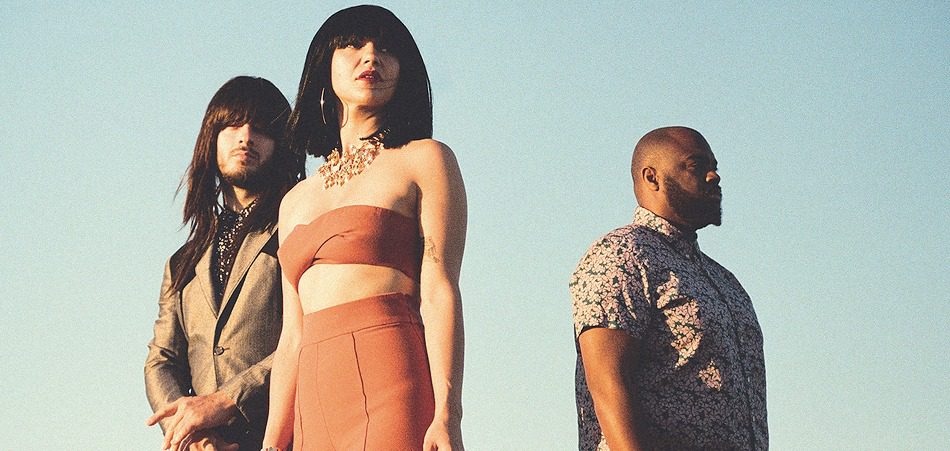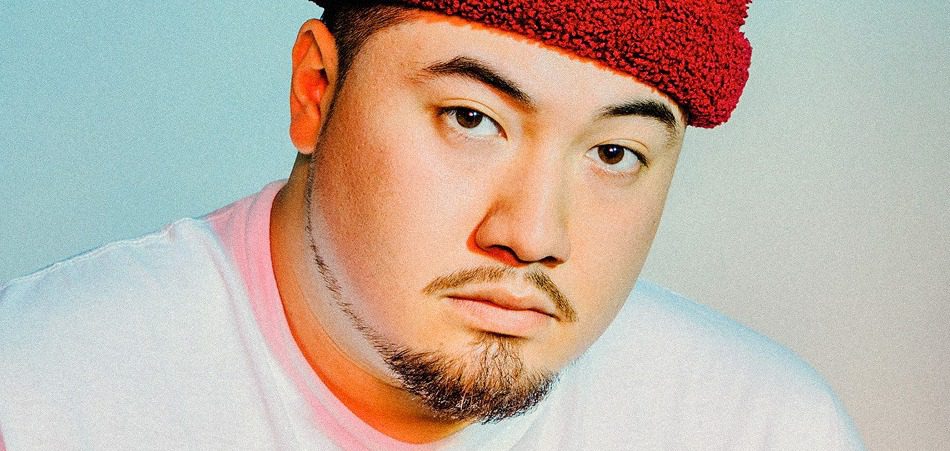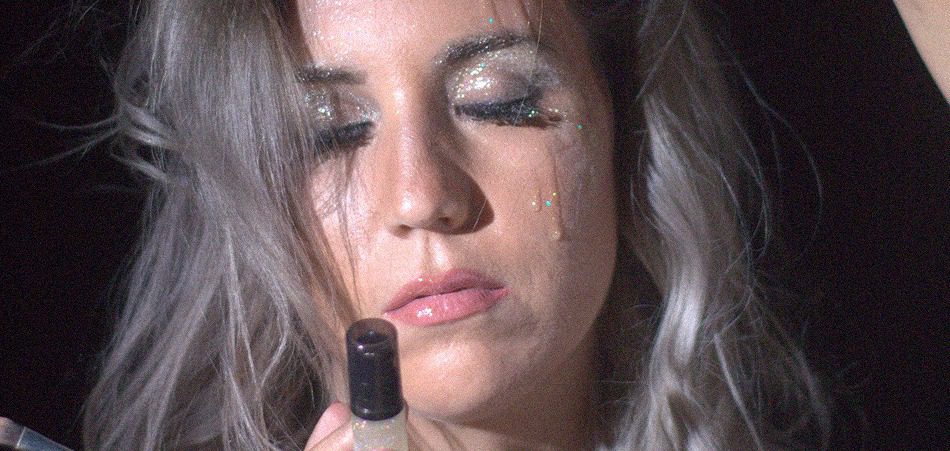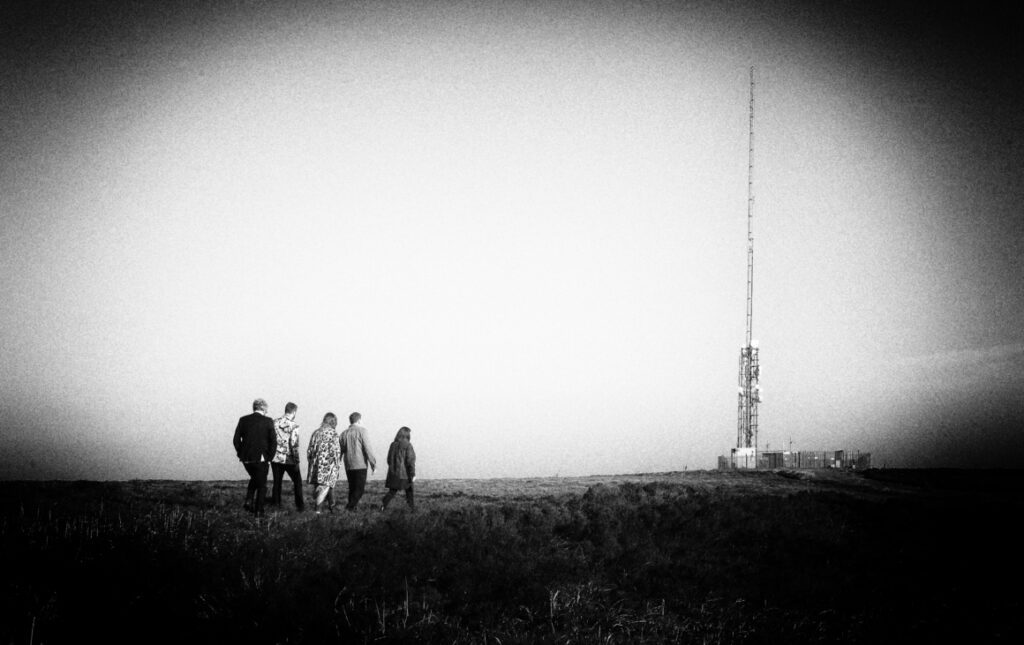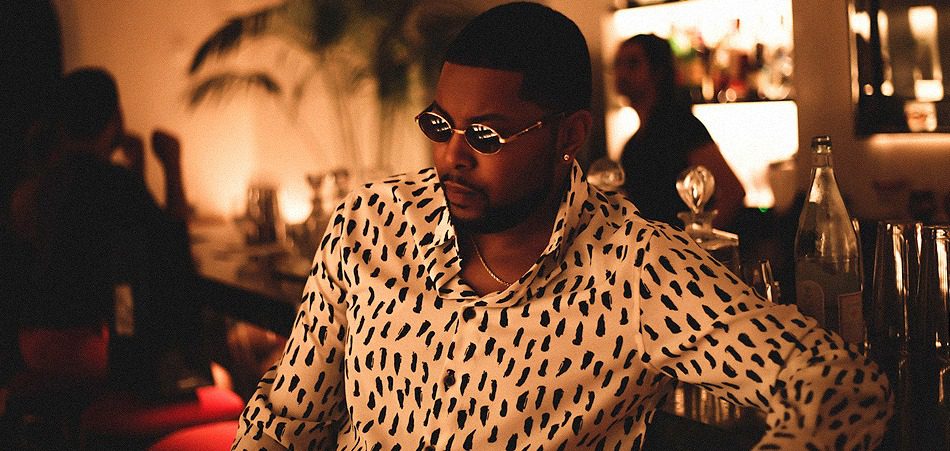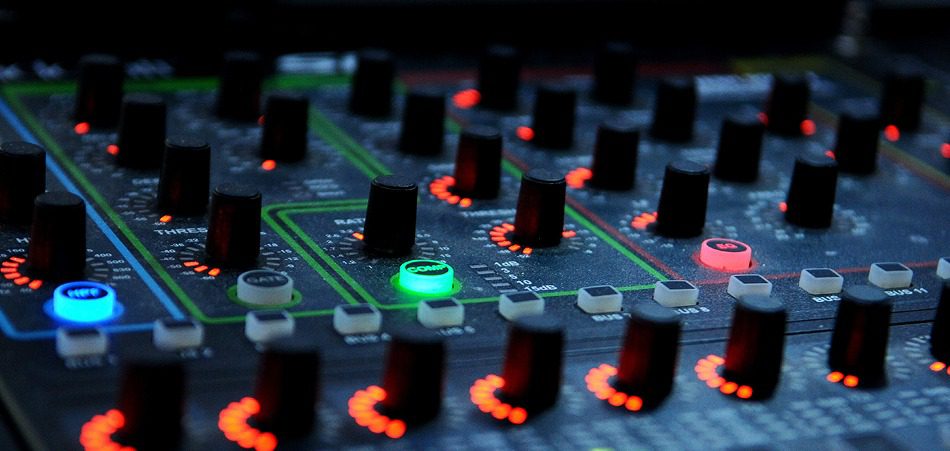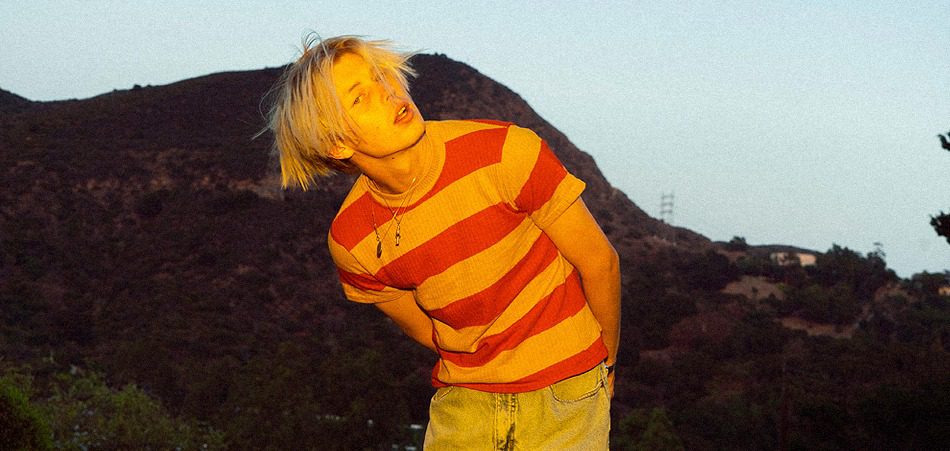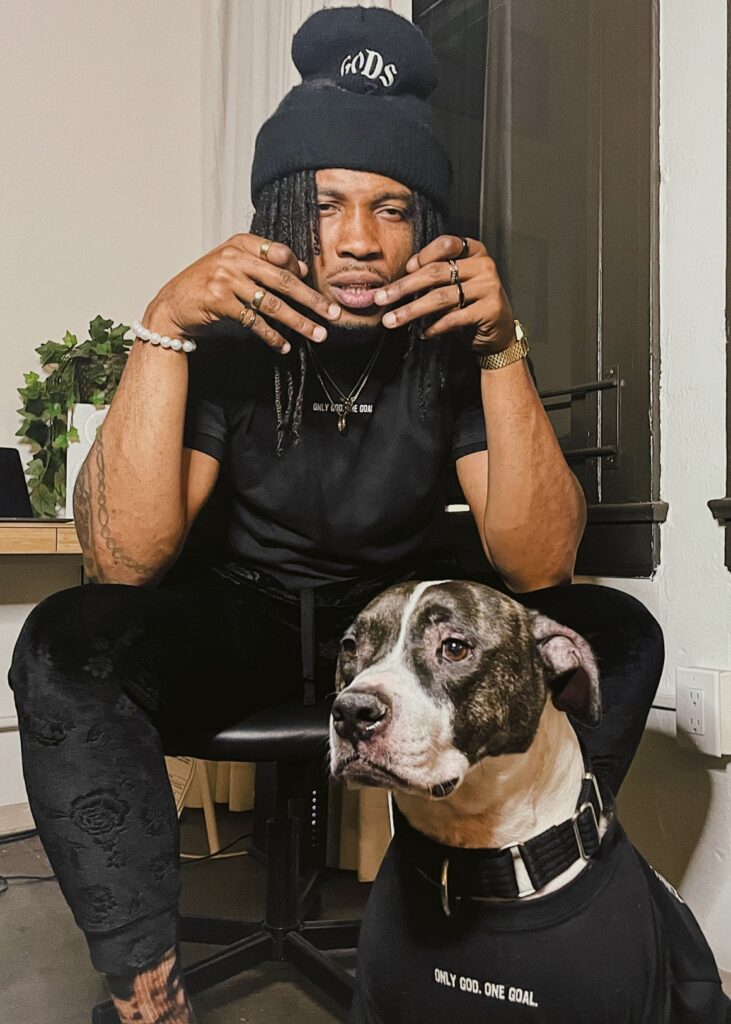November 5th was a bittersweet day for hip-hop — the 25th anniversary of the late Tupac Shakur’s The Don Killuminati: The 7 Day Theory. To honor the anniversary NFT powerhouse, Zelus, released a series of twenty-five NFTs every day for seven days, each day inspired by the classic cover art. The man behind the iconic album art, Riskie Forever, crafted the original artwork in 1996 and was shared with Pac days before his death. Now 25 years later, Riskie celebrates the relationship that would jumpstart his career.
Getting his artistic start in graffiti, Riskie has always been bound with immense talent but had trouble finding an outlet that would not only get him exposure but paid as well. “In high-school, I started airbrushing t-shirts and realized I could be making some bread. You know back then me and my boys would be outside tagging and bombing stuff,” he reveals. “One day we got pulled over by the copies and we were covered in paint — there was no one who could see what was about to happen like today. Fortunately, we got a pass and it was at that moment when I realized that’s not what I’m about. I found something else to concentrate on and started getting paid for airbrushing.” While Riskie was making money by airbrushing, he still had a desire for more exposure. It wasn’t until notorious Death Row CEO, Suge Knight linked the artist and Tupac, that his career would soar. “Suge introduced me to Tupac on the 'California Love' video shoot. It was the second part he did at the Compton Swapmeet. I gave him my portfolio and a few weeks later, I was working on Pac’s album cover art.” Riskie’s initial project for Death Row was the insert for Pac’s All Eyez On Me album. Producing some quality work, he was then commissioned to complete the cover for Makaveli: The 7 Day Theory. Though the young rapper would never get the chance to see the album’s outcome, he was able to see the finished product as a painting.
The success of his work with the iconic rapper would lead to more opportunities to complete several Death Row album covers like Death Row’s Greatest Hits, Snoop Doggy Dog’s Tha Doggfather, Daz Dillinger’s Retaliation, and Nate Dogg’s G-Funk Classics, Vol.1 & 2. Though his relationship with Death Row played an integral role in his success, he still longs to create just for himself. “It’s a great feeling, but sometimes I want to create for myself. I don’t want to stray away from my history but I’m still here,” he expresses. “Sometimes I want to back away and step outside of that box, but there is so much more out there that I wish I could do.” For the artist, creating such great work comes with, of course, greater expectations. Even with an extensive resume, he still struggles to break free from the box. “Everything is a work in progress. It’s easy for some artists but I’m still trying to get people to understand who I am.” Without the power of social media when he was an emerging artist, Riskie never got the flowers he very much deserved.
Riskie has been around hip-hop since the 90s and like most things, he has bore witness to the generational changes that have come with it. Hip-hop is one of those things that we all hold near and dear to our heart and just really don’t want it to change. “Substance. There was so much more substance back then. More messages. It’s just so different.” He's not afraid to voice his disinterest in today’s music. It’s pretty hard to go from banging “Gin and Juice” in the whip to relentless Tik-Tok inspired songs. Remaining nostalgic, Riskie dedicates much of his rotation to the 90s — and J.Cole. “No disrespect to hip-hop, it’s supposed to change but I’m just looking forward to another change when it guides it in a better direction.” Amen.
Much like the music, the artwork is changing too. Shifting from more intricate and complex designs to more modern and simplistic work, Riskie is finding his artistic footing. “Just like hip-hop, we can’t tell the art that it can’t change. It has to change,” he proclaims. “Art is not based on skill, it’s based on the message.” Keeping up with the change, Riskie has taken his time during the pandemic to add more dimension to his craft. “I’m trying to keep up my individuality while also incorporating the current technology. I’m taking my style and adapting it to the current trend.” With digital artwork on the rise, he’s making sure that his impact is still present.
Riskie Forever has played a pivotal role in leaving an artistic impression on the music that we love. From tagging walls around town to working with some of the greats, the trajectory of his career is incomparable. Now with a new hunger to be seen for more than a Death Row contributor, he’s finding new ways to make an impact on both hip-hop and the arts. He’s finally ready to break free from the box.
Connect with Riskie Forever Twitter | Instagram


